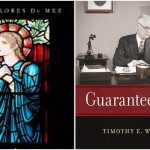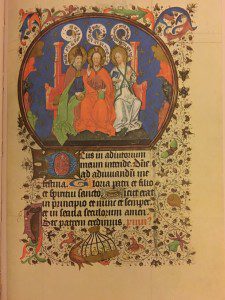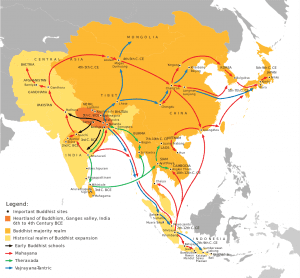Historically, evangelicals have hesitated to engage structures and systems. The book Advocating for Justice represents a new trajectory. This guest post, by Krisanne Vaillancourt Murphy of Bread for the World, describes how one local congregation in Indiana is pushing for immigration reform. –David *** Evangelicals can effectively practice transformational advocacy in the local church. Here are three reasons why: First, local churches are embedded in communities. As institutions, local churches have a public presence that townspeople know and respond to.... Read more

















